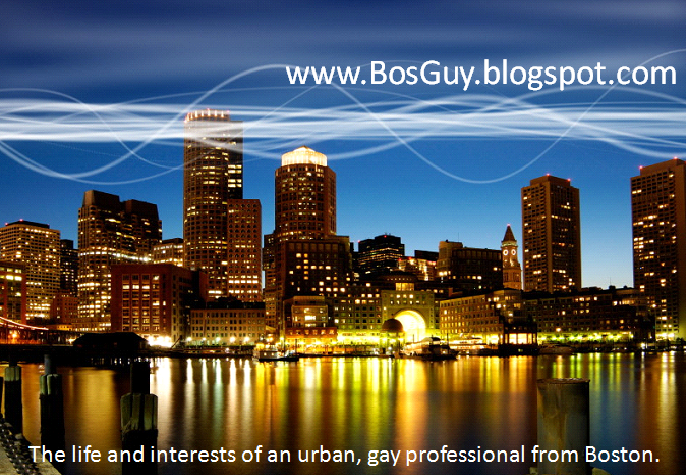Today's Boston Globe has a front page article entitled, Would car traffic bring back crowds? The continued decline in shoppers and increasing number of shuttered store fronts in the Downtown Crossing neighborhood would seem to make one think that bringing cars back might be able to help save the area, but I don't know if that is really the case. However, kudos to The Boston Globe for raising the question and encouraging dialog because Downtown Crossing has so much unrealized potential that would benefit the city if it could just find its groove.
Ever since the Ritz Carlton moved into the neighborhood just a few blocks south of Downtown Crossing there has been an expectation for the neighborhood to change. That change is coming slowly and can be seen in an increasing number of residential developments that encircle Downtown Crossing, but the area has struggled in part because of a number of factors that have nothing to do with the lack of access to automobiles. More over, according to a 2006 study cited in the article, there are more than 230,000 people walking through Downtown Crossing every day. Adding cars to the mix would add unnecessary congestion, but more importantly - that type of foot traffic would be the envy of any mall so there must be contributing factors that have nothing to do with the lack of access to cars. Identifying those issues are important if the neighborhood is going to enjoy a renaissance.
Although I'm no city planner, I have lived in town for 10+ years and have been visiting Downtown Crossing since I was in high school. I would suggest there are three significant issues that need to be resolved if the Downtown Crossing is going to bring back crowds.
First, big box retailers have been declining and merging to survive for the past two decades. Additionally, the advent of online shopping accelerated the decline of these types of retailers and Downtown Crossing has been affected by this. Case in point, Macy's purchase of Filene's.
Second, there still are not enough residents or visitors staying in Downtown Crossing. Without enough hotel rooms and full-time residents the neighborhood becomes dark and deserted after business hours. Everyone in Boston knows that a neighborhood's vitality is tied to its residents. To briefly touch upon my first concern regarding the loss of large retailers - with more residents in the area there would be a great opportunity for a large grocery store. Such a retailer would benefit new residents and succeed in ways that another traditional department store probably could not.
Third, and finally, I believe the biggest problem facing Downtown Crossing is the economy. Retailers are in for an abysmal 2009 by nearly everyone's estimation and there is no guarantee that 2010 will be any better. Combined with a tight credit market - new building and construction plans (even for projects underway) may not have the opportunity to succeed.
Hopefully the concerns can be addressed, and pedestrians can still enjoy visiting Downtown Crossing unencumbered by aggressive drivers fed-up with navigating the narrow streets and tens of thousands of pedestrians blocking traffic. As a fellow Bostonian - I too want to see this neighborhood return to its former glory and become a destination rather than desolation.

No comments:
Post a Comment